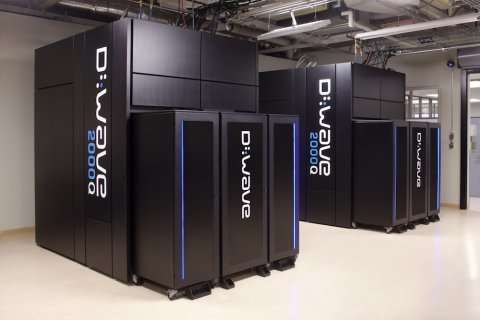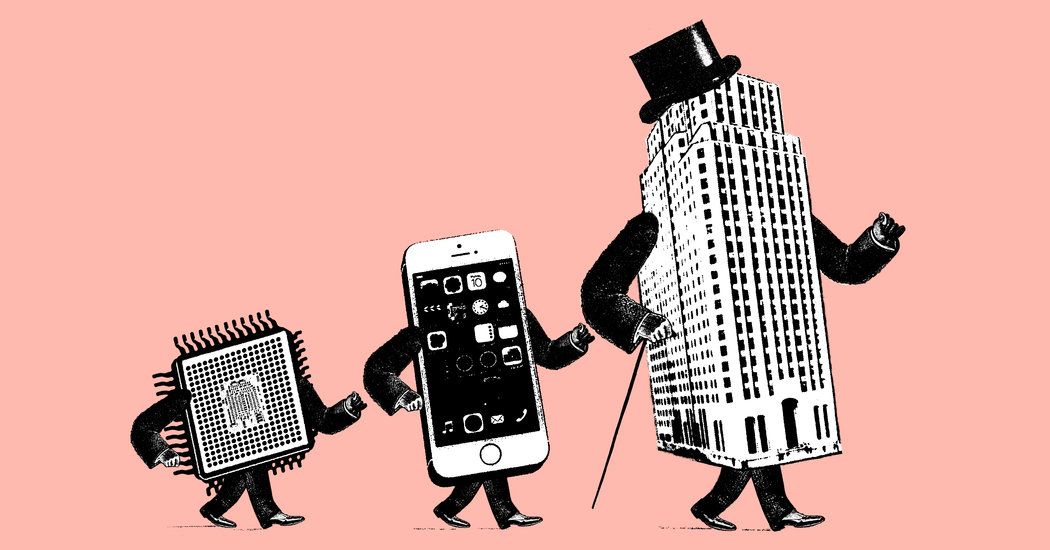D-Wave Systems today published a milestone study demonstrating a topological phase transition using its 2048-qubit annealing quantum computer. This complex quantum simulation of materials is a major step toward reducing the need for time-consuming and expensive physical research and development.
The paper, entitled “Observation of topological phenomena in a programmable lattice of 1,800 qubits”, was published in the peer-reviewed journal Nature. This work marks an important advancement in the field and demonstrates again that the fully programmable D-Wave quantum computer can be used as an accurate simulator of quantum systems at a large scale. The methods used in this work could have broad implications in the development of novel materials, realizing Richard Feynman’s original vision of a quantum simulator. This new research comes on the heels of D-Wave’s recent Science paper demonstrating a different type of phase transition in a quantum spin-glass simulation. The two papers together signify the flexibility and versatility of the D-Wave quantum computer in quantum simulation of materials, in addition to other tasks such as optimization and machine learning.
In the early 1970s, theoretical physicists Vadim Berezinskii, J. Michael Kosterlitz and David Thouless predicted a new state of matter characterized by nontrivial topological properties. The work was awarded the Nobel Prize in Physics in 2016. D-Wave researchers demonstrated this phenomenon by programming the D-Wave 2000Q system to form a two-dimensional frustrated lattice of artificial spins. The observed topological properties in the simulated system cannot exist without quantum effects and closely agree with theoretical predictions.




